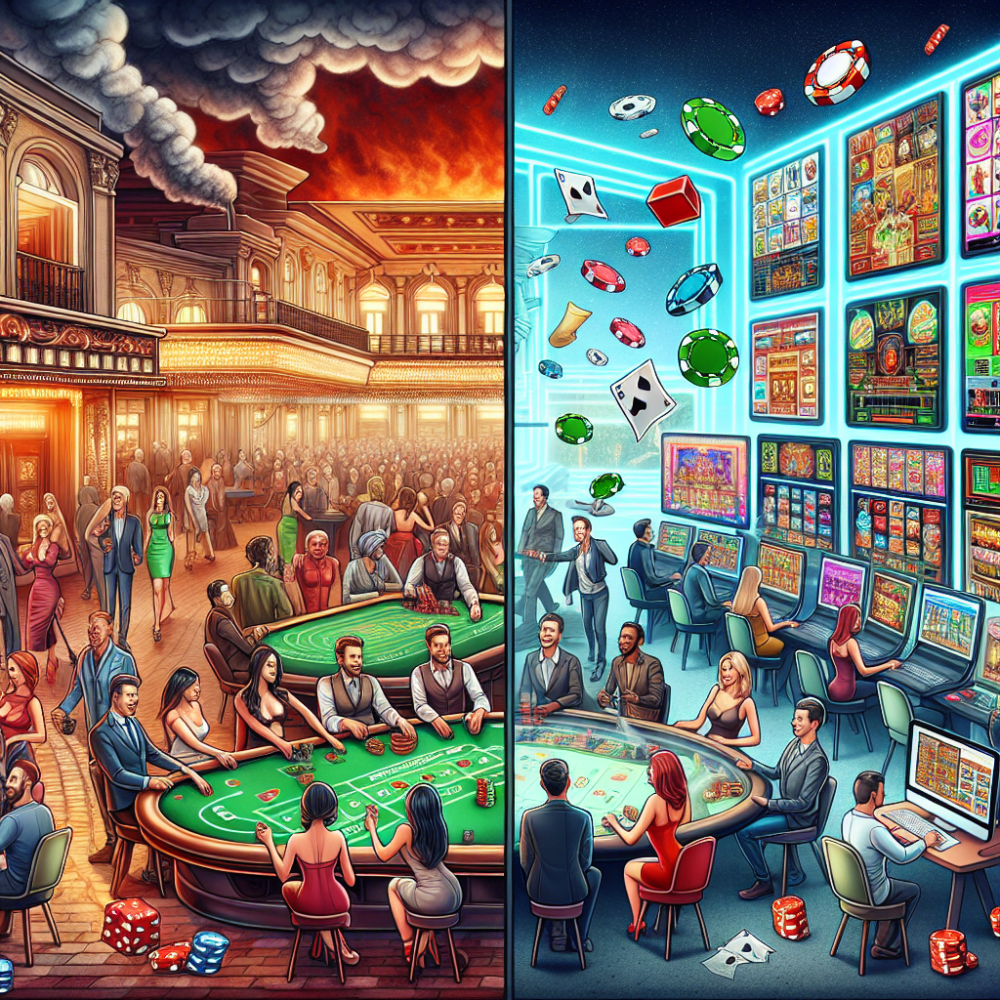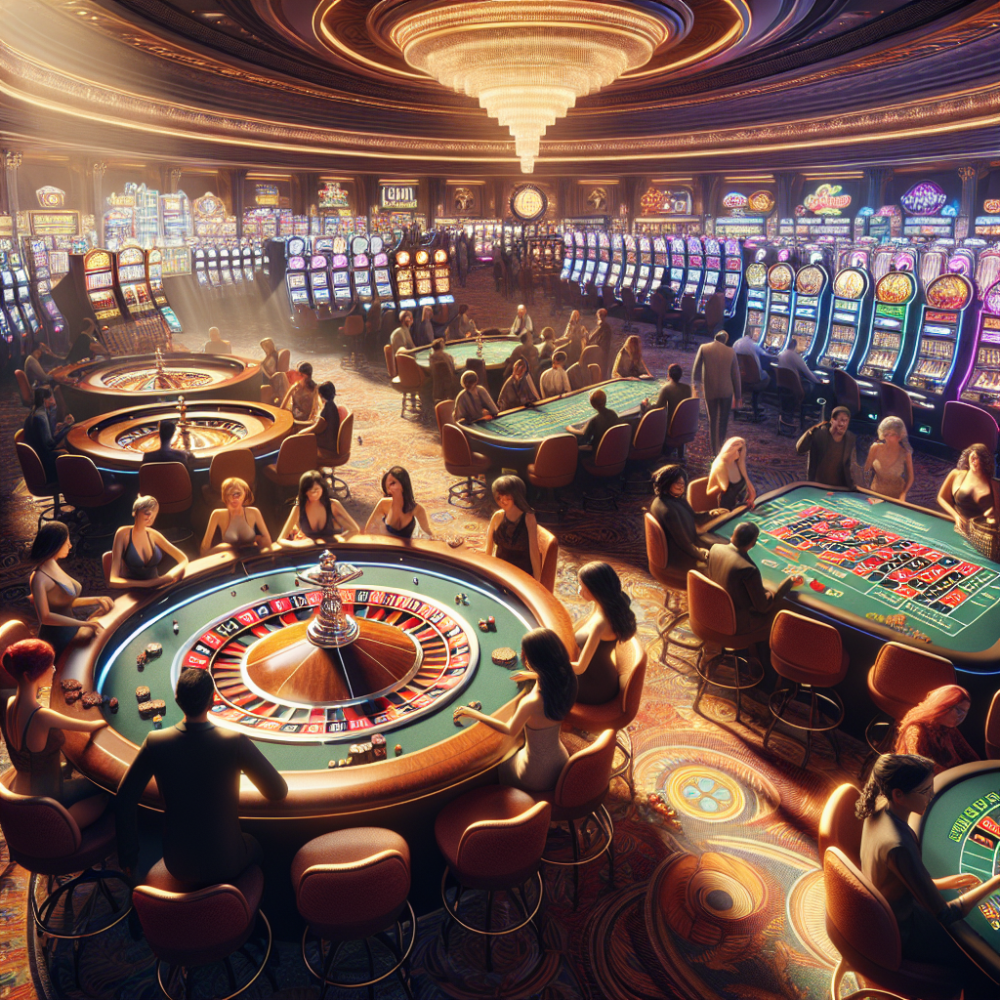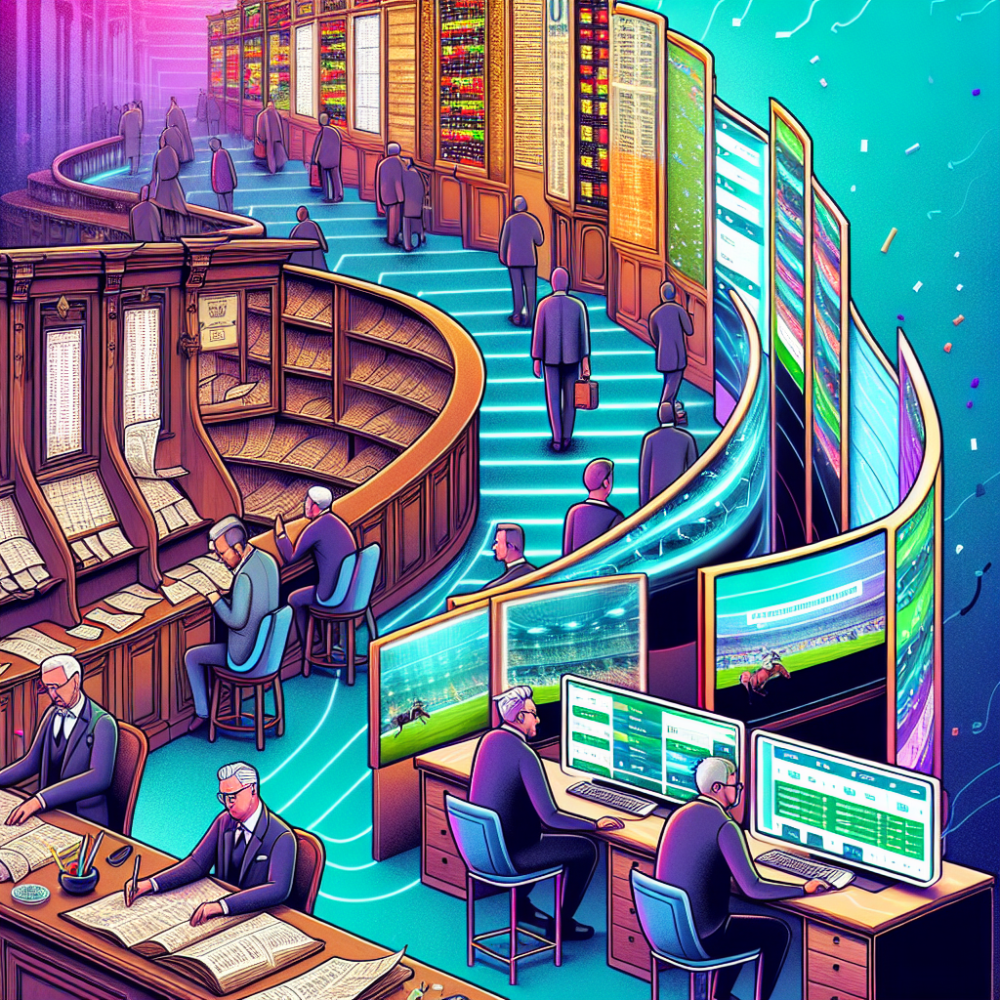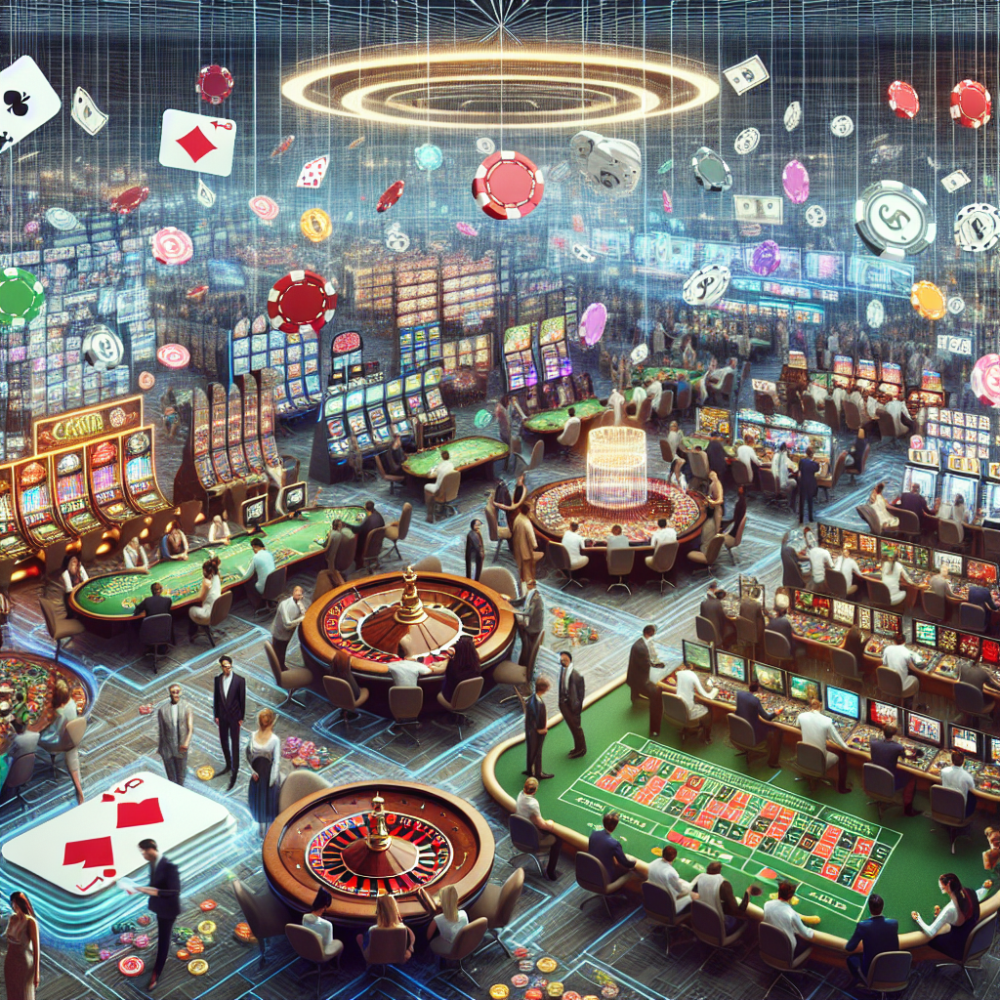The casino industry has undergone a profound transformation over the past few decades, evolving from traditional brick-and-mortar establishments to a dynamic and diversified segment that includes online gambling, sports betting, and integrated resorts. This evolution has been influenced by numerous factors including technological advancements, regulatory changes, and shifts in consumer behavior, which have collectively reshaped the landscape of global gambling.
Historical Context and Traditional Casinos
Traditionally, casinos were standalone establishments primarily focused on gambling activities such as slots, roulette, and card games. Cities like Las Vegas in the USA and Monte Carlo in Monaco became synonymous with casino gambling, drawing visitors from around the world. These casinos not only offered gaming but also became centers for entertainment, featuring live shows, luxury dining, and other leisure activities.
Regulatory Shifts and Market Expansion
The strategic evolution of the casino industry is heavily influenced by regulatory frameworks which vary significantly from one country to another. In the late 20th century, many regions began to recognize the economic benefits of legalized gambling, including job creation and tourism development. This led to a wave of legalization and the opening of new markets in regions such as Asia and Europe.
Asia, in particular, has seen significant growth with hubs like Macau surpassing Las Vegas in terms of revenue. Singapore’s entry into the casino industry with the development of integrated resorts like Marina Bay Sands and Resorts World Sentosa further exemplifies the shift towards creating multifaceted entertainment complexes that appeal to both locals and tourists alike.
Technological Advancements and Online Gambling
Technology has played a pivotal role in the casino industry’s evolution. The rise of the internet led to the birth of online casinos in the mid-1990s, changing the gambling landscape forever. Online platforms offer the convenience of playing from anywhere at any time and have broadened the market, attracting a demographic that might not visit traditional casinos.
The advancement in technology has also led to innovations such as live dealer games, where players can experience a more immersive and interactive environment online. Moreover, the integration of blockchain technology promises even more secure and transparent transactions, further boosting the credibility of online gambling.
The Role of Sports Betting
Sports betting has emerged as a significant component of the casino industry, particularly in the United States following the repeal of PASPA in 2018. This has opened up a massive market, with numerous states legalizing sports betting. Casinos have been quick to capitalize on this by integrating sportsbooks within their premises and launching online betting platforms. The strategic inclusion of sports betting is not only attracting more customers but is also revitalizing interest in traditional casino games.
Sustainable Practices and Corporate Responsibility
The modern casino industry is increasingly focusing on sustainable practices and corporate social responsibility (CSR). This includes efforts to reduce carbon footprints, implement responsible gambling measures, and engage in community welfare programs. Casinos are recognizing that sustainable practices are not only beneficial for the environment but also improve their corporate image and appeal to a broader audience.
Future Prospects and Innovations
Looking ahead, the casino industry is set to continue its evolution with further innovations in technology and more integrated resort experiences. Virtual reality (VR) and augmented reality (AR) are expected to play a significant role, offering even more immersive and engaging gaming experiences. Additionally, the industry is likely to see more strategic partnerships between gaming companies and other entertainment sectors, blurring the lines between different forms of leisure and entertainment.
Conclusion
The strategic evolution of the casino industry reflects its adaptability and resilience. From the opulent casino floors of Las Vegas to the digital screens of mobile betting, the industry continues to expand its boundaries. Understanding this evolution offers insights not only into the world of gambling but also into broader trends in global entertainment and consumer behavior. As it stands, the casino industry remains at the forefront of innovation, continually transforming to meet the changing demands of a global audience.




